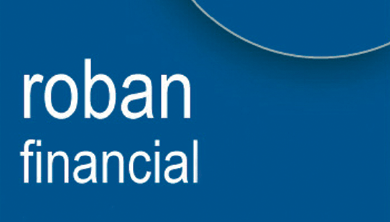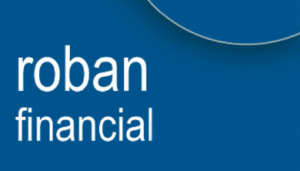Income Protection Insurance, often known as Salary Protection Insurance or Permanent Health Insurance (PHI), is a crucial tool in safeguarding your financial wellbeing in times of inability to work due to accident or illness. This insurance type ensures a steady income, preserving your standard of living during such challenging periods.
Income Protection plays a pivotal role in maintaining financial stability during unforeseen health setbacks. Offering a consistent income, this insurance provides security even when you’re unable to work. This article explores the advantages and mechanics of Income Protection, emphasizing its importance as a financial safety net.
Assessing Current State Benefits and the Need for Personal Protection
In Ireland, as of May 2023, the illness benefit is €225.50 weekly (€11,726 annually). This highlights the financial strain if your income, for example €40,000 annually (€3,333 monthly), were to reduce to just €977 monthly. Consider your expenses, including savings, children’s education, vacations, and retirement plans – what compromises would you have to make? This scenario underscores the importance of personal financial protection, especially for those with substantial financial commitments.
Income Protection is essential for self-employed individuals who don’t qualify for state illness benefits and have no other financial safety net. It’s also prudent for those whose jobs don’t offer sick pay, or where employer sick pay is insufficient. This insurance ensures peace of mind during recovery, allowing you to cover essential expenses without financial stress.
Key Features and Tax Advantages of Income Protection Plans
Income Protection allows covering up to 75% of your salary, with payments starting from 4 to 52 weeks and coverage up to age 70. These plans often include benefits that increase annually and offer inflation protection. Additionally, you may qualify for tax relief on Income Protection premiums if the policy is in your name, is a pure protection policy, and premiums are paid from taxed income. This relief can significantly reduce your overall tax burden.
The Importance of Regular Policy Reviews
Claiming tax relief on Income Protection premiums involves including them in the ‘other expenses’ section of your self-assessment tax return. Maintaining records is crucial for potential tax audits. Regularly reviewing your policy with Roban Financial can lead to substantial savings and ensure that your coverage remains aligned with your changing needs. This regular assessment ensures you’re not overpaying and that your coverage adapts to new life circumstances, providing optimal financial protection.
FAQ: Understanding Income Protection Insurance
When does the Income Protection Insurance pay out?
Income Protection Insurance begins to pay out after a predetermined waiting period, known as the ‘deferred period.’ This period can range from 4 weeks to 52 weeks, depending on the terms of your policy. The payout starts once this period has elapsed and you are still unable to work due to illness or injury. It’s important to choose a deferred period that aligns with your financial situation and any sick pay you might receive from your employer.
Can I get tax relief on the cost of Salary Protection Insurance?
Yes, you can typically claim tax relief on the premiums paid for Salary Protection Insurance. The policy must be in your name and not in the name of your business. It should be a pure protection policy, which means it pays out only if you are unable to work due to illness or injury. The premiums must be paid from your taxed income. The tax relief is usually at your marginal rate, meaning it could significantly reduce the overall cost of your insurance.
Is Income Protection Insurance worth it?
Whether Income Protection Insurance is worth it depends on your individual circumstances. It can be particularly valuable if you don’t have enough savings to support yourself in the event of a long-term illness or injury, or if you’re self-employed and wouldn’t have any other income if you couldn’t work. It provides peace of mind and financial security, ensuring that you can maintain your standard of living and meet your financial obligations if you’re unable to earn an income.
Does my occupation affect Income Protection Insurance?
Yes, your occupation can affect both the cost and the terms of your Income Protection Insurance. Some professions are considered higher risk due to the nature of the work, which can lead to higher premiums or specific exclusions. Insurers typically categorize occupations based on risk levels, and this categorization influences the policy terms. It’s important to accurately describe your occupation and any risks it entails when applying for insurance to ensure appropriate coverage.
Conclusion: Securing Your Financial Future with Income Protection
Income Protection is an intelligent investment, especially for those without employer sick pay or the self-employed. With the potential for tax relief, the financial burden can be further reduced. Consulting with a financial advisor, like Roban Financial, is recommended for personalized advice.
Reviewing your existing plan with Roban Financial ensures it meets your needs. We assess your current plan and explore the market to bring you the best coverage at the best price. This review process can reveal opportunities for better rates and more comprehensive coverage, reflecting our commitment to providing quality service and maximizing your financial benefits.
Choose the income amount you need with coverage up to age 70, and enjoy the best deals from our insurer panel. With minimal hassle, no penalty for cancellation, and monthly direct debit payments, Income Protection through Roban Financial offers both convenience and financial advantages. If unsure, our Protection Review service offers a professional assessment of your current arrangements, potentially saving you money and enhancing your coverage.


